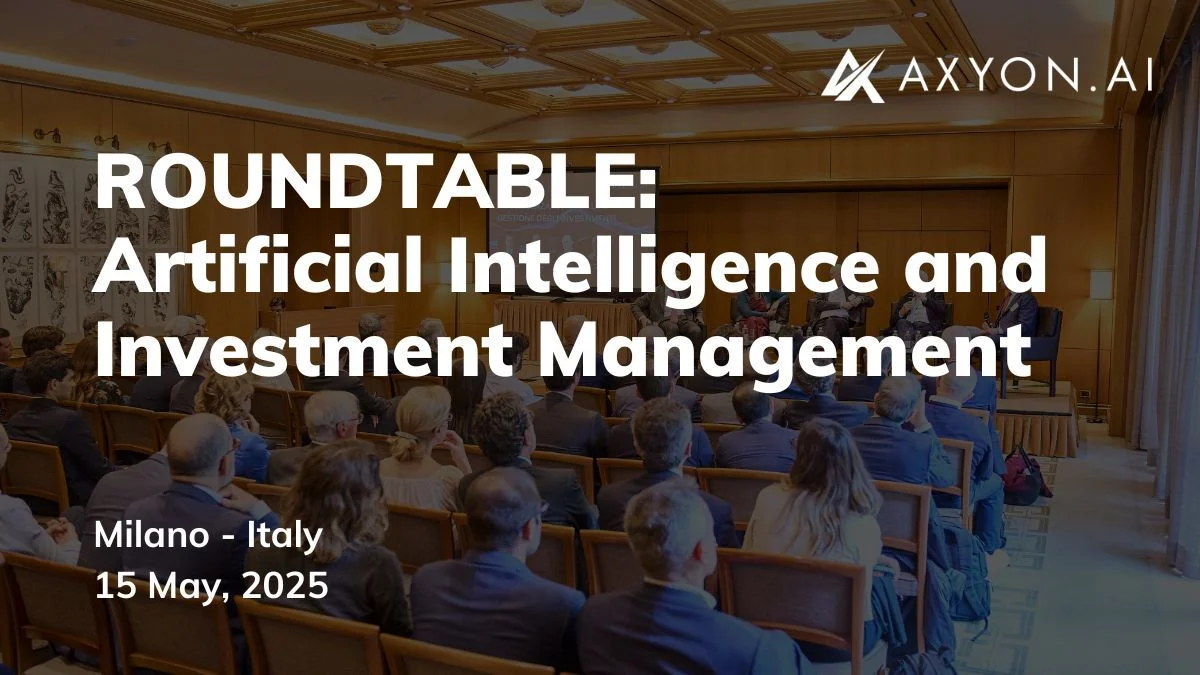AI is Disrupting Labor Markets
In an unprecedented shift, artificial intelligence is not just enhancing productivity; it is dismantling the economic foundations that support millions of workers across the globe. As reported by The Economist, CEOs from major media companies are now sounding alarms about AI"s potential to disrupt their business models. However, what"s often overlooked is the direct impact on workers—especially those in lower-wage jobs who are most vulnerable to automation.
Gig Economy Workers Are Most at Risk
The rise of AI-powered platforms threatens gig economy workers, who already face precarious employment conditions. With AI systems capable of performing tasks traditionally done by humans, companies are poised to replace drivers, delivery personnel, and even customer service representatives. This could lead to an estimated loss of over $100 billion in wages, according to White House reports.

Tragic Outcome" for Gig Workers as California Supreme Court ...
Corporate Greed Fuels AI Expansion
Corporate interests are pushing for rapid AI adoption under the guise of efficiency and innovation. However, this drive often translates to profit maximization at the expense of workers. The tech sector, already notorious for its lack of accountability, is now wielding AI as a tool to further entrench its power. The Harvard Ash Center argues that AI governance must prioritize human flourishing, yet this vision remains sidelined amid the rush for profits.
Workers Must Demand Accountability
In response to these challenges, workers need to mobilize and demand accountability from corporations that are profiting off their labor. As AI technologies evolve, the potential for exploitation increases. We must advocate for stronger protections and fair compensation for workers displaced by automation. This isn"t just about safeguarding jobs; it"s about ensuring that the economic benefits of technological advancement are shared equitably.

Axyon AI - Milan Roundtable event 2025
Policy Solutions Are Essential
Effective policy solutions are crucial in addressing the socioeconomic impacts of AI. Progressive taxation and universal basic income could serve as viable strategies to redistribute wealth and provide a safety net for those affected. The National Institutes of Health showcases how comprehensive care models can improve outcomes in healthcare; similarly, a comprehensive economic policy could mitigate the adverse effects of AI on our labor market.







![[Video] Gunfire between Iraqi security forces and Sadr militias in Baghdad](/_next/image?url=%2Fapi%2Fimage%2Fthumbnails%2Fthumbnail-1768343508874-4redb-thumbnail.jpg&w=3840&q=75)
